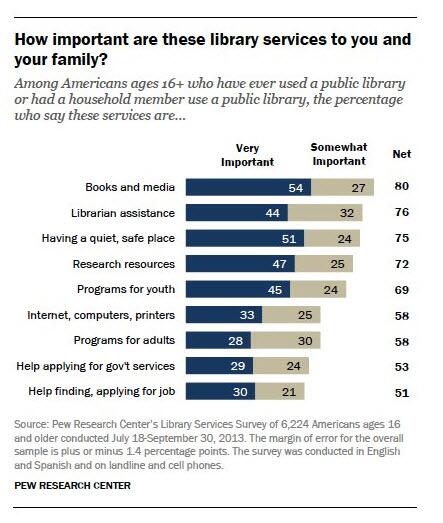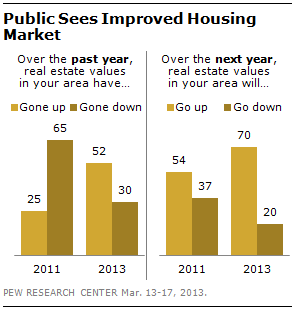

Only about a third of Trump supporters (32%) say immigrants do more to strengthen society, but this is a 13 percentage point increase from 19% in 2016. were more of a threat to American customs and values, while 46% said they strengthened society. In 2016, opinion was divided: 50% said increasing numbers of newcomers to the U.S. In the new survey, 60% say this, while 37% say this threatens the nation’s customs and values. While stark divides between Trump and Biden supporters are evident on two other themes that were central to the 2016 campaign – views of immigrants and Islam – these divides are roughly comparable to the divides seen between Trump and Clinton voters in 2016.Īn increasing share of registered voters – Trump and Biden supporters alike – say the growing number of newcomers to the country strengthens American society. By contrast, a somewhat smaller share of Trump supporters express this view today (26%) than did so four years ago (31%). Currently, 55% say there are still significant obstacles that make it more difficult for women than men to get ahead 44% say the obstacles that once made it harder for women to get ahead are now largely gone.Īmong Biden supporters, 79% say women still face significant obstacles that make it harder for them to advance a smaller majority of Clinton supporters (72%) expressed this view in 2016.

Opinion among all voters has changed little on whether women continue to face obstacles that make it harder for them to get ahead than men. adults (including 9,114 registered voters) on the Center’s American Trends Panel, also finds growing divergence between the two camps on attitudes about gender and family: Biden voters today are now somewhat more likely than Clinton voters were to say women continue to face obstacles that make it harder for them to get ahead than men, while Trump supporters are now somewhat less likely to say this than they were in 2016. The survey by Pew Research Center, conducted July 27-Aug. Just 5% of Trump supporters say White people have a great deal of unfair advantages, which is virtually unchanged from 2016 (4%).

Fewer than half (40%) of Clinton supporters said this four years ago. Currently, 34% of all registered voters say White people benefit a great deal from advantages that Black people lack, up from 23% in July 2016.Īgain, the increase has come only among supporters of Democratic candidates: 59% of Biden supporters say White people benefit a great deal from societal advantages that Black people do not have. Thus the gap in opinions between Trump and Biden supporters in views of whether it is a lot more difficult to be Black (65 percentage points) is considerably larger than the difference between Trump and Clinton supporters in 2016 (46 points).īiden supporters today also are more likely than Clinton supporters four years ago to say that White people benefit a great deal from advantages in society that Black people do not have. Currently, 9% say it is a lot more difficult to be Black than White 11% said this four years ago. Among Trump supporters, there has been virtually no change since 2016. This change has come entirely among supporters of the Democratic candidates: 74% of Biden supporters say it is a lot more difficult to be Black than White, while a smaller majority of Clinton supporters (57%) said this in 2016. The share of voters who say it is a lot more difficult to be Black has increased 9 percentage points since 2016. Among all registered voters, 44% say it is a lot more difficult to be a Black person than a White person in this country 32% say it is a little more difficult, while 23% say it is no more difficult. On some, such as attitudes about immigrants’ impact on American society, the differences between Trump and Biden supporters, while large, are no larger than the gap between Trump and Clinton voters four years ago.īut in opinions about race and gender, in particular, the divides are much wider. Today, these differences are even wider among voters who support Trump and those who back Joe Biden.Īcross a range of political values – around race, gender and family, immigration and religion – there are stark contrasts between voters who support Trump and those planning to vote for Biden in November.

During the 2016 presidential campaign, supporters of Donald Trump and Hillary Clinton disagreed over nearly everything, including the extent to which Black adults in this country are disadvantaged because of their race and women because of their gender.


 0 kommentar(er)
0 kommentar(er)
